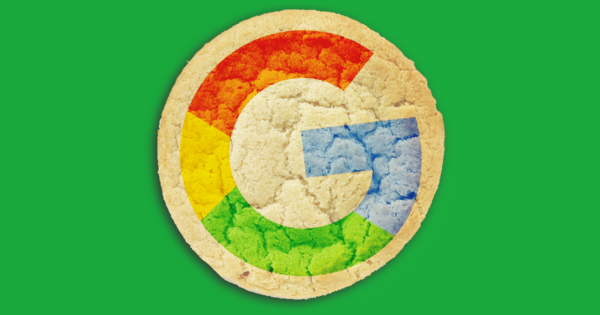Google’s Cookie-less Future Is Probably Not Happening
Google’s announcement in 2020 that it would phase out third-party cookies from its Chrome browser by 2022 sent shockwaves through the digital marketing industry. With cookies being a key tool for personalized advertising and tracking user behavior, many feared that Google’s decision would disrupt the entire online advertising ecosystem. However, recent developments suggest that Google’s cookie-less future may not be as imminent as initially thought.
The Delay in Cookie Phase-Out
One of the main reasons why Google’s cookie-less future is probably not happening anytime soon is the delay in the phase-out of third-party cookies. Originally set to be implemented in 2022, Google announced in June 2021 that it was extending the timeline for phasing out cookies by two years to 2024. This delay gives advertisers and marketers more time to adapt to the changes and find alternative solutions for targeted advertising.
The Introduction of FLoC
Instead of relying on third-party cookies for tracking user behavior, Google has introduced Federated Learning of Cohorts (FLoC) as a privacy-focused alternative. FLoC groups users with similar browsing habits into cohorts, allowing advertisers to target groups of users with similar interests rather than individual users. While FLoC has faced criticism for potential privacy concerns, Google believes that it is a more privacy-centric approach to targeted advertising.
Challenges and Concerns
Despite the delay in the phase-out of cookies and the introduction of FLoC, there are still challenges and concerns surrounding Google’s cookie-less future. Advertisers and marketers are worried about the impact on personalized advertising, user tracking, and overall campaign effectiveness. There are also concerns about the dominance of Google in shaping the future of online advertising and the potential lack of transparency and control for advertisers.
Conclusion
In conclusion, while Google’s cookie-less future may have seemed inevitable at one point, recent developments suggest that it is not happening as quickly as anticipated. The delay in the phase-out of cookies and the introduction of FLoC as an alternative show that Google is taking a more cautious approach to the changes. Advertisers and marketers will need to adapt to these new developments and find innovative solutions to continue reaching their target audiences effectively.
FAQs
1. What are cookies in the context of online advertising?
Cookies are small pieces of data that websites store on a user’s browser to track their behavior and preferences. In the context of online advertising, cookies are used to personalize ads and track user interactions with ad campaigns.
2. What is FLoC and how does it work?
FLoC stands for Federated Learning of Cohorts and is a privacy-focused alternative to third-party cookies. It groups users with similar browsing habits into cohorts, allowing advertisers to target groups of users with similar interests rather than individual users.
3. What are the concerns surrounding Google’s cookie-less future?
Some of the concerns surrounding Google’s cookie-less future include the impact on personalized advertising, user tracking, campaign effectiveness, the dominance of Google in shaping the future of online advertising, and the lack of transparency and control for advertisers.




